
“Discover 15 effective strategies to overcome masturbation and boost your well-being. Learn practical tips to break free from unhealthy habits and improve your mental and physical health.”
Why Consider Making a Change from masturbation?
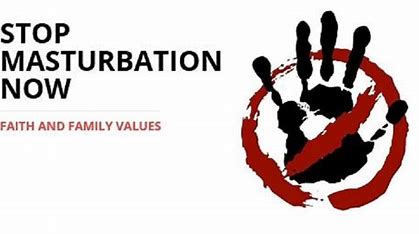
Making a change from masturbation can be considered for a variety of personal, psychological, or health-related reasons. Here are some key factors why individuals might choose to reduce or stop this behavior:
1. Improving Relationships

Some individuals might find that excessive masturbation interferes with their relationships, whether it’s due to emotional distance, a lack of intimacy with a partner, or it becomes a substitute for real-life connections. Reducing or stopping masturbation can help people focus on cultivating deeper, more meaningful relationships.
2. Mental and Emotional Well-being
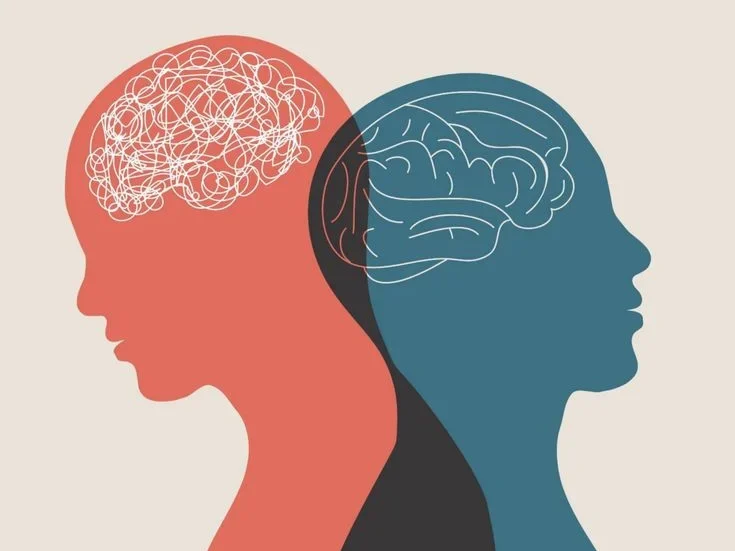
While masturbation is a natural and healthy activity for many, some individuals may experience feelings of guilt, shame, or anxiety after the act. These feelings can be tied to personal values, societal views, or unrealistic expectations. By reducing or changing the habit, individuals may find an improvement in their mental and emotional well-being.
3. Addressing Addiction

When masturbation becomes excessive or compulsive, it can affect daily life, including work, social relationships, and personal goals. If someone feels that they have lost control of the behavior, they might choose to reduce or eliminate it to regain control over their actions and improve their overall life balance.
4. Enhancing Focus and Productivity

Some people feel that frequent masturbation impacts their energy levels or focus. Reducing this behavior may help them feel more energetic, clear-headed, and productive in other areas of life, such as work, studies, or personal growth.
5. Sexual Health Concerns
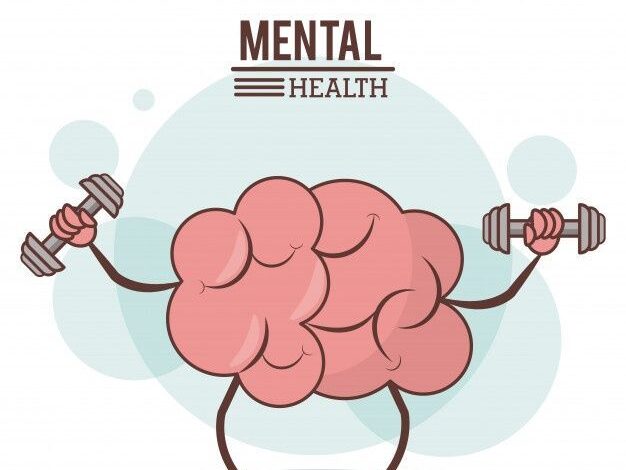
In some cases, individuals might experience physical discomfort, such as soreness or reduced sensitivity, from frequent masturbation. For those with concerns about their sexual health or functioning, taking a break might help restore balance.
6. Spiritual or Religious Beliefs

Some individuals may consider making a change based on spiritual or religious teachings. Various cultures and belief systems may view masturbation differently, and people with strong spiritual beliefs may choose to reduce or stop masturbation as part of their personal growth or moral framework.
7. Improving Self-Control
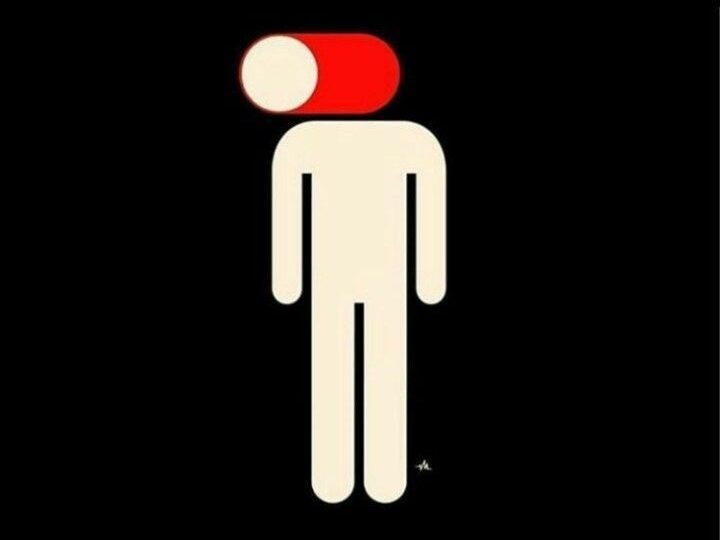
For some, choosing to reduce or stop masturbation is a way to build self-discipline and control over their impulses. This change might be part of a broader commitment to healthier habits or lifestyle choices.
8. Personal Growth and Self-Reflection
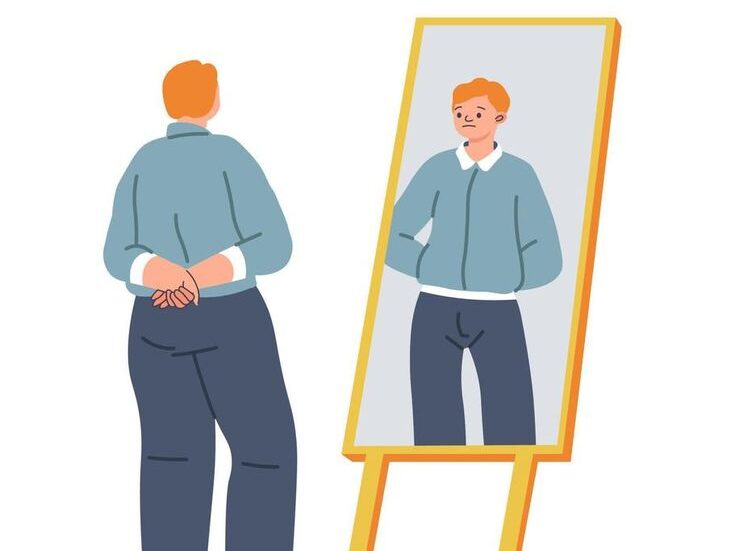
A decision to reduce or stop masturbation can sometimes stem from a desire for personal growth. Some individuals may wish to challenge themselves to develop new coping strategies for stress, boredom, or emotional release, focusing on healthier outlets for these emotions.
15 Practical Tips to Help You Along the Way
1. Spot Your Triggers

Identify the situations, feelings, or even times of day that lead you to masturbate. Knowing what triggers your urges is crucial for avoiding them.
2. Keep Your Hands Busy

Find activities that engage your hands. Try crafting, cooking, or gardening. Keeping your hands occupied can help divert your mind.
3. Embrace Physical Activity
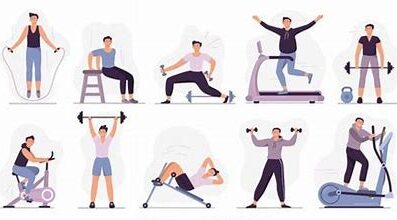
Exercise isn’t just good for your body; it’s a great way to release pent-up energy. Join a gym, take up dancing, or go for regular walks. Moving your body can reduce urges and boost your mood.
4. Create a Daily Routine
Having a daily schedule can minimize idle time. Fill your day with tasks and hobbies that interest you.
5. Explore Mindfulness Practices

Mindfulness techniques like meditation or deep breathing can help you become more aware of your thoughts and urges. This awareness can help you manage cravings without acting on them.
6. Connect with Friends
Spend quality time with friends or family. Engaging in social activities can provide distraction and support, making it easier to stick to your goals.
7. Limit Screen Time

Cut down on time spent on devices, especially in private. The internet can be a temptation, so consider setting boundaries for your online activities.
8. Discover New Hobbies
Try new activities that excite you—like painting, playing an instrument, or learning a new language. Finding something you love can shift your focus and fill your time meaningfully.
9. Journaling for Clarity
Writing down your thoughts and feelings can help you process your urges. Use a journal to track your progress and reflect on your experiences.

10. Educate Yourself
Read about sexuality, psychology, and healthy habits. Understanding your mind and body can empower you and provide new perspectives on your choices.
11. Practice Gratitude
Focus on the positive aspects of your life. Keeping a gratitude journal can shift your mindset and help you appreciate what you have, reducing the desire for temporary pleasures.
12. Seek Support Groups

Consider joining a support group. Sharing your experiences with others facing similar challenges can provide encouragement and insight.
13. Establish Boundaries
Set clear boundaries for yourself. Whether it’s limiting certain activities or avoiding specific triggers, having guidelines can help you stay on track.
14. Reward Yourself

Celebrate small victories! Treat yourself to something nice when you reach milestones, reinforcing positive behavior and motivation.
15. Be Kind to Yourself

Remember, it’s okay to stumble. Change takes time, and being hard on yourself can backfire. Practice self-compassion and keep moving forward.
Final Thoughts
Changing a habit like masturbation is a personal journey and can take time. By understanding your triggers, keeping busy, and embracing positive habits, you can successfully navigate this process. Stay patient and kind to yourself—every step forward is progress.
Final Thoughts:
Overcoming masturbation and boosting your well-being is not just about stopping a behavior—it’s about creating a lifestyle that supports your mental, physical, and emotional health. Throughout this journey, it’s important to remember that change takes time, effort, and, most importantly, patience with yourself. If you’ve struggled with this habit, know that you are not alone, and there’s absolutely no shame in working towards improvement.
The strategies we’ve discussed can be incredibly effective, but they are not a one-size-fits-all solution. What works for one person may not work for another, so it’s crucial to find the techniques that resonate with you and feel natural to incorporate into your daily life. The key is consistency. It’s about making small, positive changes each day and building on them over time.
As you begin to implement these strategies, it’s essential to focus on progress rather than perfection. Some days will be harder than others, and that’s okay. Everyone faces setbacks on their journey to self-improvement. The important thing is to keep moving forward, even if it’s just one small step at a time. If you slip up, don’t be too hard on yourself. Acknowledge what happened, learn from it, and continue your journey with renewed determination.
Your mental and emotional well-being are just as important as your physical health. Masturbation can sometimes be a coping mechanism for dealing with stress, loneliness, or negative emotions, and addressing the root causes of these feelings is crucial for long-term success. Therapy, mindfulness, and self-care practices can go a long way in helping you create healthier outlets for these emotions.
Engaging in hobbies, exercise, and other fulfilling activities not only provides a distraction but also fills your life with meaning and joy. The more you can focus on things that enrich your life, the less room there is for old habits that no longer serve you. Surrounding yourself with supportive people—whether friends, family, or a professional—can also make a world of difference. Knowing you have someone to talk to can ease feelings of isolation and remind you that you are not alone in this.
Another important aspect of this journey is recognizing that overcoming this habit is a form of self-care. By making these changes, you’re showing yourself the love and respect you deserve. You’re choosing a path that leads to better health, stronger self-control, and a more fulfilling life overall.
Ultimately, overcoming masturbation and boosting your well-being is about reclaiming control over your life. It’s about realizing that you have the power to change, grow, and build habits that support your true potential. Stay focused on your goals, be patient with yourself, and celebrate the progress you make along the way.
The road ahead may not always be easy, but it’s worth it. You can transform your habits and create a life that feels truly fulfilling and aligned with your highest self. Keep going, and remember that every step forward, no matter how small, is a victory.


